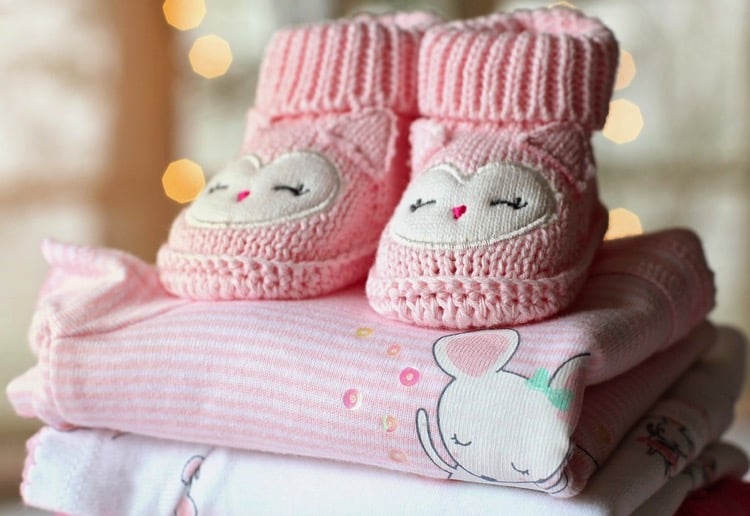As mums, we all want to provide the best for our children.
Educating ourselves about the fashion industry is helping many parents make environmentally responsible choices. Organic clothing is chosen by many mums-to-be while packing their hospital bags, as it is considered a safer choice for newborns’ delicate skin. Parents are choosing to dress their newborns in safe and sustainable clothing more than ever.
Organic cotton clothing
Organic cotton clothing is made from cotton that is grown without any harmful pesticides. It doesn’t contain any harmful dyes used in conventional cotton clothing and is printed using plant- or water-based dyes. It also seems to help babies and kids suffering from other skin disorders such as eczema.
As newborn skin is too soft and porous, the probability of chemicals getting into their skin is high. Organic clothing is a safe and better choice for babies. The use of organic baby clothes has increased considerably in the last decade.
How do we know it is organic?
While buying organic clothes, one thing to look for is whether it is certified by an industry standard body, such as GOTS. GOTS stands for Global Organic Textile Standard and it is an internationally recognised board to certify organic clothing. There are other country-specific organic certification like the “Australian Certified Organic (ACO)”, but GOTS certification is specifically intended for textiles and not other organic products.
Clothes manufactured in factories that are certified by GOTS, would have a certification ID associated with them. It is important to check whether the organic clothing product you are buying is a certified by an industry-wide standard and carry the certification ID.
GOTS has an open database, in which you can check the certification id to make sure whether it is valid. It also provides all the details of the factory where your clothing is made.
Why is certification important?
As the demand for organic clothing products are on the rise, we can see it being sold in many of the market places. Most of the products claiming to be organic cotton clothing don’t seem to have any form of industry standard certification. When you pay premium price for a product, it is important to check the validity of the claim. Without certification, there is no guarantee that product is indeed organic. If it is a certified organic product, it should carry the certification ID.
Common Textile standards widely accepted in Australia
- Global Organic Textile Standard (GOTS)
- Australian Certified Organic (ACO)
- OEKO-Tex Standard 100
- OEKO-Tex Standard 100Plus
If you see a different textile standard in your organic clothing product, it is better to do you own research before buying. When buying online, check whether it displays the certification ID on their website. If not, contact them to obtain the certification ID before buying. As consumers having more choices than ever, we need to educate ourselves to make sensible and sustainable choices.
Do you have any tips for shopping organic? Share with us below.




















-

-
-
mom81879 said
- 17 Apr 2017
-

-
-
Punitha A said
- 23 Mar 2017
-

-
-
cherz said
- 21 Mar 2017
-

-
-
mom112217 said
- 20 Mar 2017
Post a comment12:58 pm
9:03 am
11:22 am
12:13 pm
To post a review/comment please join us or login so we can allocate your points.